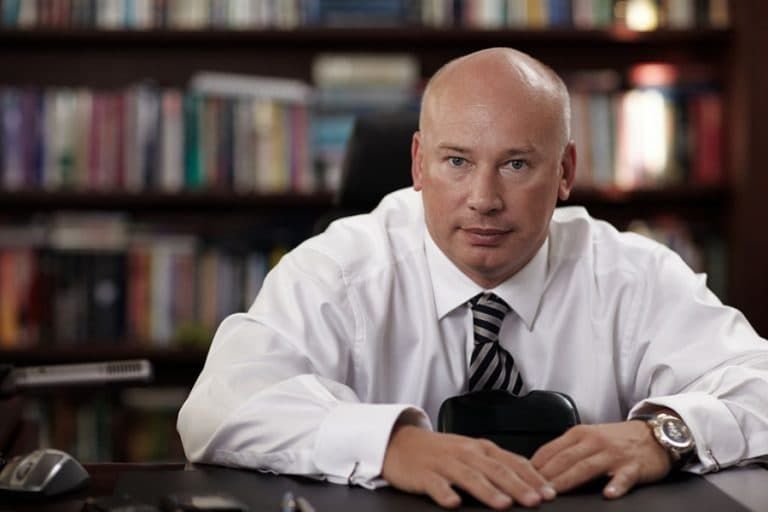5 reasons to secure your site with SSLs.com
With so many SSL stores online these days, it can be tough...
Call Centre Services in High Demand
Call centre services in the UK have seen a resurgence in...
BTEC Assignment Help Website Grows into a Student-Friendly Spot for Assignment Writing, Proofreading and Editing
BTEC Assignment Help has become a popular place that offers...
What Are The Best Apps To Buy Crypto Art
Cryptocurrencies have not only forced us to rethink the...
Oleg Boyko – biography of the Finstar Financial Group founder
Businessman Oleg Boyko: A Brief Biography and Career...
How to Properly Prepare to Buy a House?
Most people have the dream of homeownership and work many...
How to Spend Free Time on Your Smartphone
It really is quite astonishing the power that is within...
Making An Extra Income With Online Cards Games In The UK
If you’d like to indulge in online casino games like...
How Entrepreneurs Can Launch A Super App Like Gojek Clone In The UK?
If you are someone from Asia, you would definitely have...











 Bitcoin
Bitcoin  Ethereum
Ethereum  Tether
Tether  XRP
XRP  USDC
USDC  Solana
Solana  TRON
TRON  Lido Staked Ether
Lido Staked Ether  Cardano
Cardano  Avalanche
Avalanche  Toncoin
Toncoin